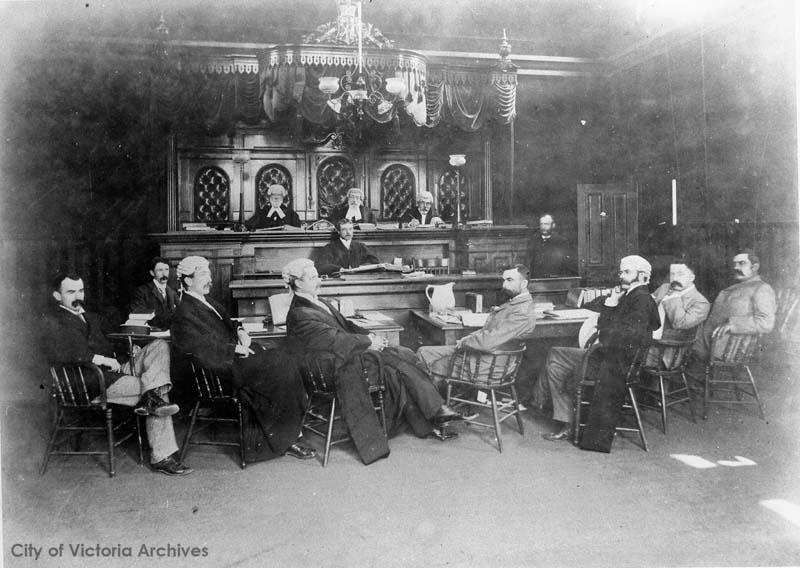Under the Canadian constitution, both the federal government and the provinces are responsible for the administration of justice. In B.C. there are several levels in the justice system: the Provincial Court, the Supreme Court of British Columbia, and the British Columbia Court of Appeal. Other courts that play a role in the lives of British Columbians are the Tax Court of Canada, the Federal Court of Canada, and the Supreme Court of Canada.
The Lieutenant Governor in Council (meaning the executive branch) appoints judges to the Provincial Court, while the federal Governor General in Council appoints judges to the Supreme Court of British Columbia and to the British Columbia Court of Appeal.
The courts play two significant roles:
1. Interpreting laws:
The laws of British Columbia are introduced and approved by the legislative branch of government in the Legislative Assembly. The role of the judicial branch is to interpret laws, settle questions about specific legal issues, and hear cases to determine questions of innocence, guilt, or liability, all in the course of settling disputes.
2. Enforcing the principle of the rule of law:
In Canada's democracy, the courts help make sure that government action is based on legal and constitutional authority, a fundamental principle under the Canadian Charter of Rights and Freedoms.

